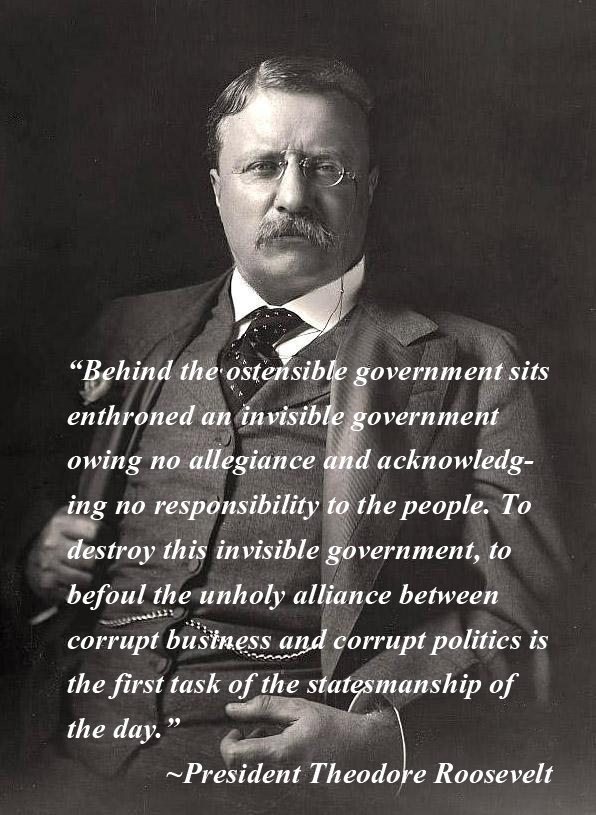Longtime followers of this site will remember the American Nationalist Voting Index developed during the 2020 election to compare the two main presidential candidate’s positions on key issues. This series of posts will attempt to craft a similar list of nationalist issues for the upcoming midterm elections.
We begin with the one most dear to Theodore Roosevelt himself – preserving and broadening our democracy to give the average American an effective voice in Washington. At a time when the durability and even the legitimacy of American democracy has been questioned, political reform is not merely desirable, but critical to insuring our strength here at home and our credibility as a champion of freedom abroad.
Freedom to Vote Act
This bill started out life as the “For the People Act” and proposed significant and important reforms in campaign finance, voter registration and rights, lobbying rules, election integrity and congressional ethics. You can see more of my analysis of it under the “Politics – Political Reform “ tab on the website. Thanks to Sen. Joe Manchin of West Virginia, the bill was amended to eliminate many of the more overreaching provisions. Unfortunately, congressional ethics reform was one of the casualties of the process. However, as I discussed here, the Manchin compromise incorporated the best of the other reforms and deserved support from American nationalists.
Sadly, while the bill passed the House in February of this year, it failed in the Senate. Your House member’s vote on it can be found at this link (ignore the reference to a NASA appropriation. If you click on the bill number, it will take you to the Freedom to Vote Act:
https://clerk.house.gov/Votes/20229
In the Senate, a motion to bring the bill to a vote failed and your Senator’s position can be found here
https://www.senate.gov/legislative/LIS/roll_call_votes/vote1171/vote_117_1_00420.htm
Ban Congressional Stock Trading
Insider trading by corporate and securities elites has been unlawful for decades, but recent revelations have shown the current rules to prevent similar profiteering by congress members are largely toothless. Several bills to ban stock trading by members of Congress were introduced, but the Democratic leadership in both houses prevented them from coming to a floor vote.
Thus, the only record of congressional support for this reform is the identity of the co-sponsors of those bills. Here is the list of co- sponsors of the House bill (HR 6678, the Bipartisan Ban on Congressional Stock Ownership Act)
https://www.congress.gov/bill/117th-congress/house-bill/6678/cosponsors?r=43&s=1
A similar bill was introduced in the Senate (S 3494, the Ban Congressional Stock Trading Act) and the list of co-sponsors can be found here
https://www.congress.gov/bill/117th-congress/senate-bill/3494/cosponsors
If your House representative or Senator is not on these lists, you may want to ask them what they’re trying to hide.
Electoral Count Act
The horrifying January 6 attack on the Capitol during the 2020 presidential election certification highlighted the weaknesses of the nineteenth century law governing that critical process. One of the pretexts for the attack was the theory that Vice-President Pence had the unilateral power to reject the results of the election. This bill clarifies that the Vice-President has no such power. It also prevents frivolous challenges by providing that any objection to a state’s electors must have the support of one- third of each house of Congress.
This should have been non-controversial. However, it only passed the House and never came up for a vote in the Senate. You can see the results of the roll call vote in the House here at
https://clerk.house.gov/Votes/2022449
A list of the co-sponsors of the companion bill in the Senate can be found at
https://www.congress.gov/bill/117th-congress/senate-bill/4573/cosponsors
Conclusion
TR spent much of his New Nationalism speech attacking the influence of special interests on the political process, comparing its importance to the fight against slavery in the Civil War. If we are to avoid the modern-day civil war many observers fear, we must reinvigorate our own commitment to democracy to insure it works for all Americans, not just a narrow elite.



